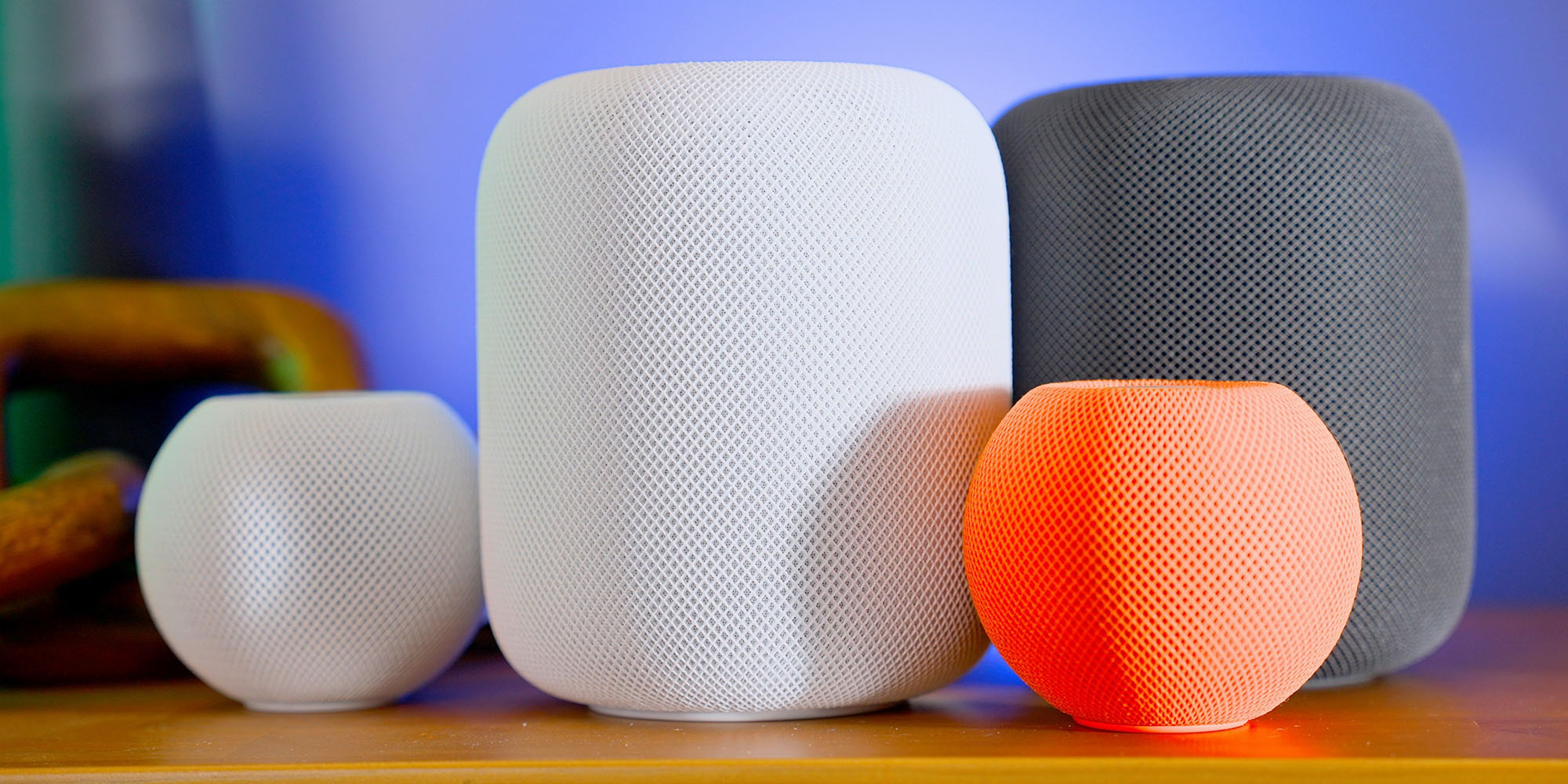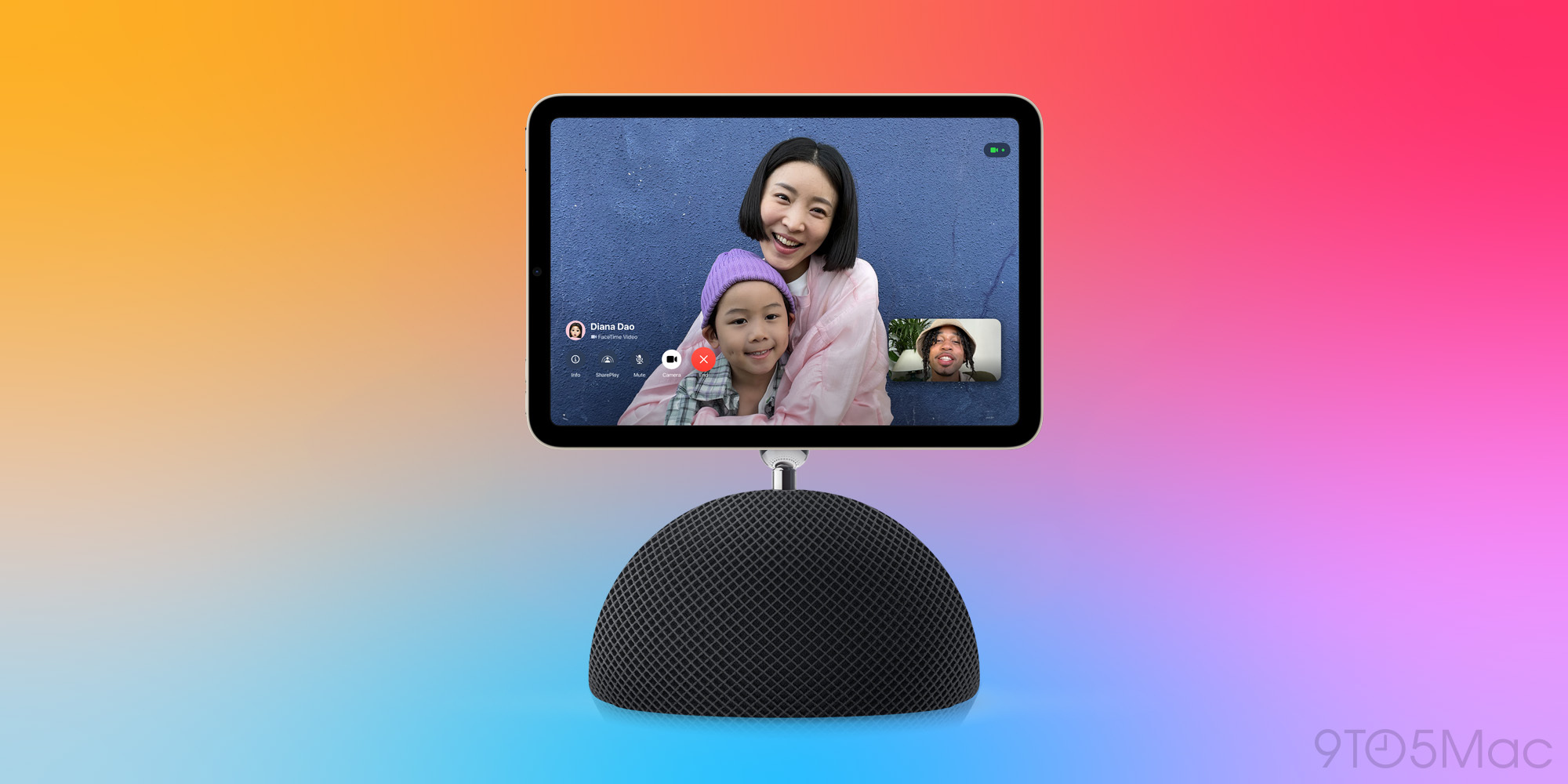Tech
‘HomePad’ could make HomePod obsolete, but it might also save it – 9to5Mac

Apple is about to get serious about smart home products, with this spring’s ‘HomePad’ being the first part of a major strategic push. But what does this new device mean for the future of the HomePod? Will it make it obsolete? Maybe, but it also might just save it.
HomePod’s Apple Intelligence dilemma

HomePod and HomePod mini are designed around two key features:
- Audio playback
- Siri interactions
Apple has always leaned hard into the former, more so than was expected before the smart speaker debuted. The original HomePod offered a compelling music experience but, as many reviewers pointed out, Siri couldn’t match competitors like Alexa in key ways.
Over the years, Apple has steadily expanded Siri’s capabilities on HomePod—but it’s about to experience the same dilemma as before. Current hardware, as far as we know, can’t support Apple Intelligence and its upgraded Siri.
The new Siri is only barely here now, but it’s getting ChatGPT next month and some powerful new capabilities in the spring.
When all of that happens, and the HomePod can’t support it, the device will be back where it started: good for music, but offering a lackluster Siri experience.
Enter the new HomePad.
Versatility of the new ‘HomePad’

Apple’s as-yet-unnamed HomePad, based on Mark Gurman’s reporting, sounds like it will be able to do everything HomePod can do and a lot more—including supporting Apple Intelligence’s new Siri.
The device will be a smart display with internal speakers. Those speakers surely won’t measure up to the HomePod’s. However, a core HomePad feature will be its versatility as you pair it with separate attachments.
Apple has designed different attachments for the device, including ones that affix the screens onto walls like a classic home-security panel. There will be bases with additional speakers that can be placed in the kitchen, on a nightstand or on a desk. Apple imagines the FaceTime feature being used while cooking or for videoconferencing during work meetings.
The key detail here is ‘bases with additional speakers.’
If these standalone speaker bases are primarily designed for improved FaceTime, let’s say with additional microphones built in too, then perhaps they won’t replace HomePods. Instead, I’m picturing a conference call-like base.
But it’s also very possible that these speaker attachments will offer at least as strong a music experience as the HomePod mini, and perhaps even get close to matching the larger HomePod.
HomePad endgame: Coexisting or replacing?
As I’ve been thinking about the new HomePad and its relationship with the HomePod, I could see two scenarios playing out.
- Coexisting: Apple could let HomePods continue to specialize in audio quality, while the HomePad focuses on other priorities. Ideally, the two devices would work together such that Siri requests made to a HomePod are routed to a nearby HomePad instead for processing, with the answer funneled back to the HomePod. Effectively, Apple could program HomePods to benefit from the HomePad’s more powerful Siri when the two devices are nearby. Thus making HomePad not a replacement for HomePod, but a complementary device that actually improves it.
- Replacing: Alternately, the HomePad could also make the HomePod obsolete, leading it to eventually be discontinued. This will depend a lot on the quality and design of the HomePad’s ‘bases with additional speakers.’ If they can match the HomePod’s audio quality, then Apple’s original smart speaker becomes more niche than ever and its future looks dim.
Hopefully we get more details on Apple’s plans for the HomePad in the months ahead.
Regardless, spring will be here before long, and with it, the start of Apple’s new smart home efforts.
Do you think the HomePad will replace or coexist with HomePod? Let us know in the comments.
Best Apple product accessories
FTC: We use income earning auto affiliate links. More.










